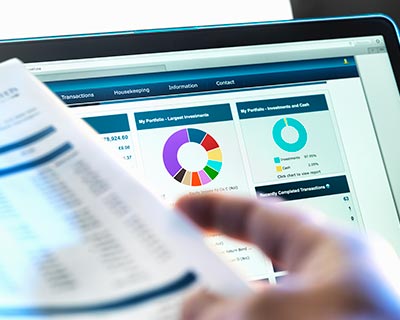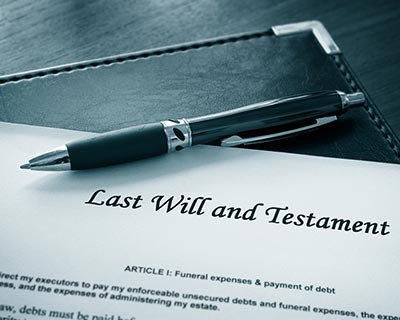Do you know how much time you have left before you retire? Do you have a financial plan in place to settle your debts before you stop working? Will you need to downgrade your lifestyle when your regular income stops coming in?
If you don't have the answers to these questions, you need to read the tips below, which will help you pay off all your debt before you retire.
Why new debt is a killer once you reach 45
You receive around 480 pay cheques from when you start working at age 25 to the time you retire at 65. As you can expect to live until at least 85, you'll need to fund an income for the next 240 months at least. It is hard enough to meet basic day-to-day expenses in retirement without being saddled with debt repayments, so any retirement strategy must include debt repayment.
Ideally, you would want to be debt-free by the age of 55 so that you can concentrate on boosting your retirement fund, rather than paying interest to the bank. At the very least you should aim to be debt-free by the age of 60. This means that from at least the age of 45 you need to start making debt repayments a priority.
Don’t use your home loan as an ATM
At the age of 45 you only have fifteen years to achieve the goal of being debt-free. If you buy a home at this age, you should only take out a mortgage of 15 years to ensure that your property is settled before retirement. This also means that from the age of 45 you should not be drawing down capital from your access bond unless you are able to repay the funds in a shorter time. Keep this in mind if you are looking to do renovations or fund your children’s education using your mortgage.
Kill your short-term debt
If you haven’t already paid off your short-term debts, you need to start taking this very seriously. It’s time to stop making excuses. Draw up a list of all your short-term debt and calculate the date that you will be debt-free. See what lifestyle changes you can make to accelerate your debt repayments. If you have multiple credit agreements, consider debt consolidation where you have a single loan with a single payment and a specific time period. Do not take out any further short-term debt.
Be realistic about university fees
This is also the time that you will be looking at sending your children to university. If you have not put money aside, there will be the temptation to tap into your home loan to fund the costs. Be realistic about what you can afford without putting your own retirement in jeopardy – your children will not thank you if they have to support you in retirement.
Discuss the options with your family and consider supporting your child in taking out a student loan in their name. You can assist with the interest repayment, but they will pay the capital once they start working. This has the added advantage of providing your child with a credit history without needing to open a consumer debt account such as a store or credit card.
Don’t cash in your pension to pay off debt
While it may appear that cashing out your investments growing at 10-12% per annum to pay off debt at 25% is a sound financial move, what you will miss out on is the compounding effect of the growth in your investment.
For example, you may be tempted to cash in R100 000 of your investments to repay short-term debt. If you focused on paying off the debt by budgeting and cutting back on your lifestyle instead, you could probably pay off the debts within five years with a payment of R2 900 per month, or by using your bonuses and tax rebates to pay it off even faster.
Over five years, at an interest rate of 25%, you would spend R174 000 to settle the R100 000 of debt. You would also have become used to living on less each month and hopefully have developed the discipline to start saving R2 900 per month once those debts were paid off.
In the meantime, if your R100 000 is growing at 10% a year, it doubles in value every seven years. So, after seven years it is worth R200 000, after 14 years it is worth R400 000 and after 21 years, it is worth R800 000.
The same applies to your home loan. While cashing in your retirement fund to be mortgage-free means you don’t have a mortgage repayment, you still need retirement funds to pay for your day-to-day expenses. Don’t pay off debt with your nest egg – make the necessary lifestyle changes instead.
Share this article:
Linked In | Facebook | Twitter | Email |











